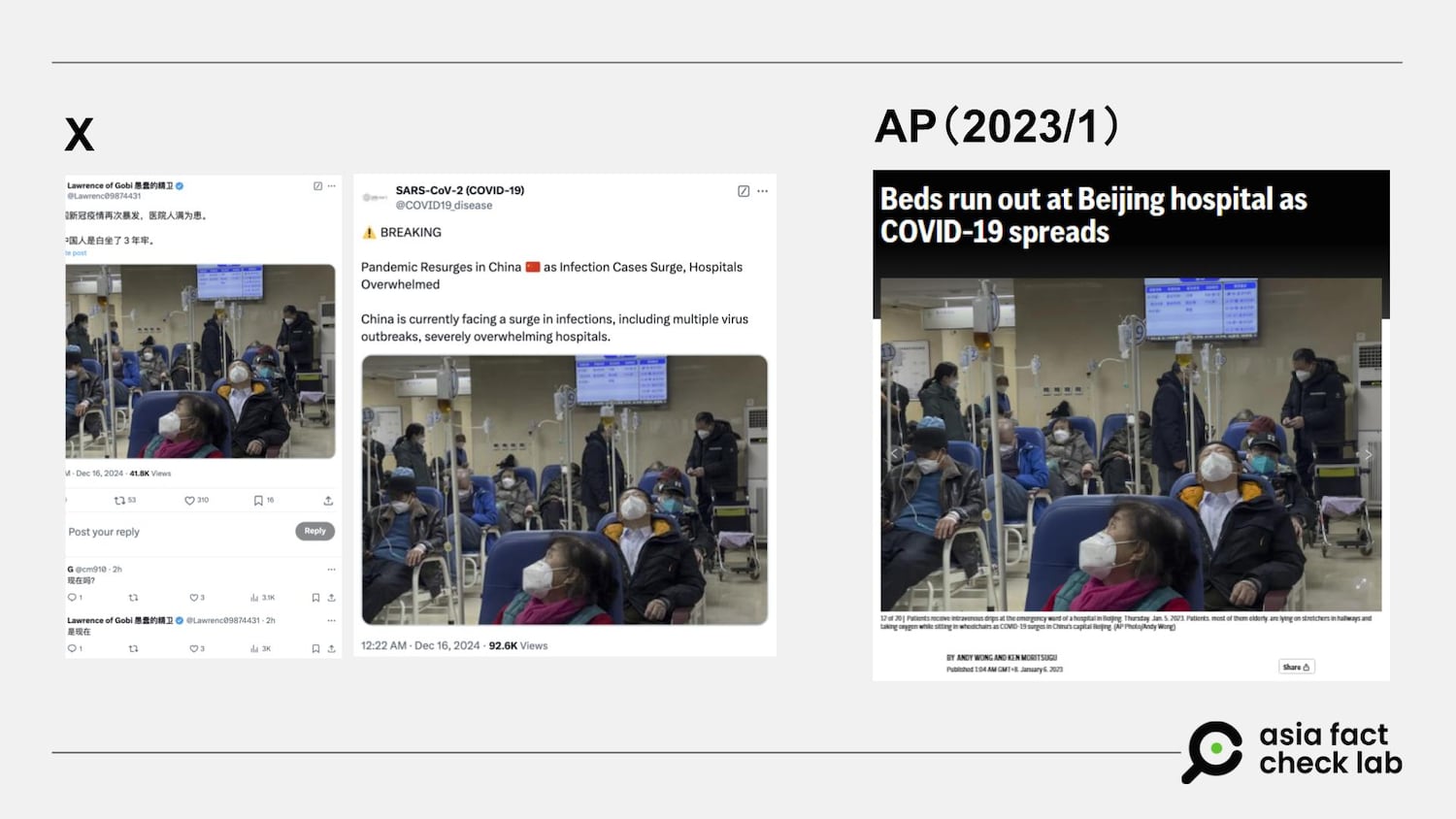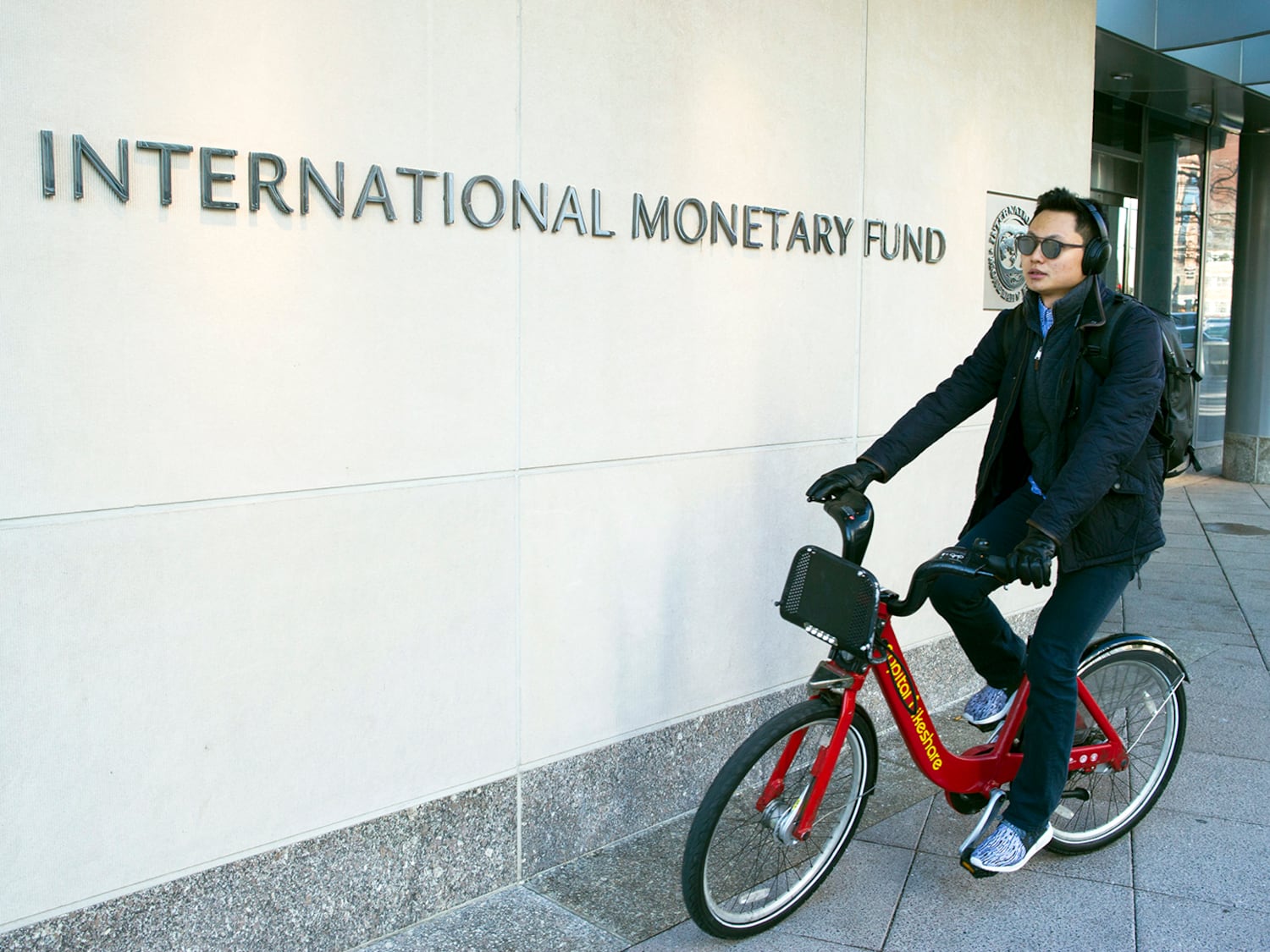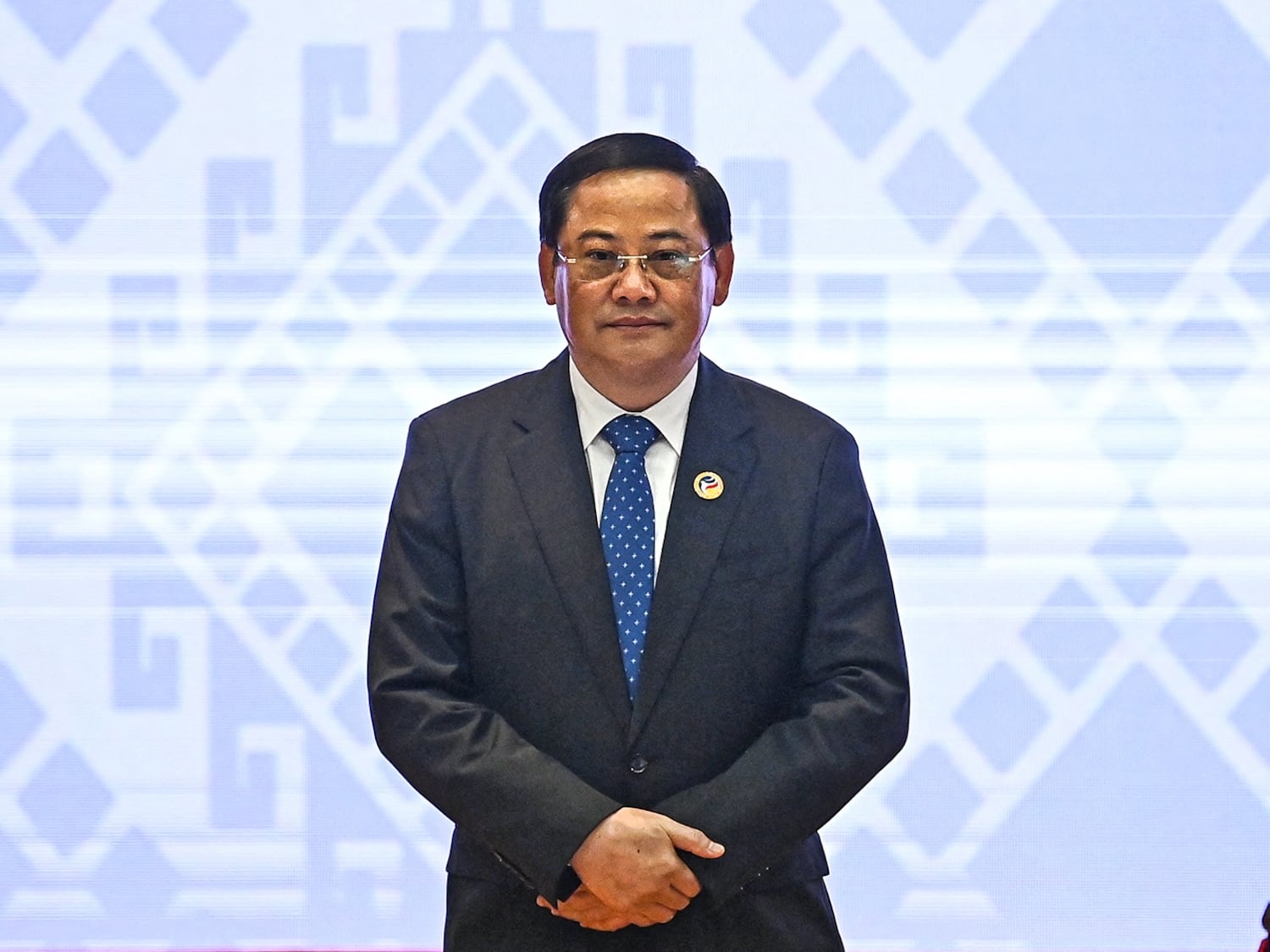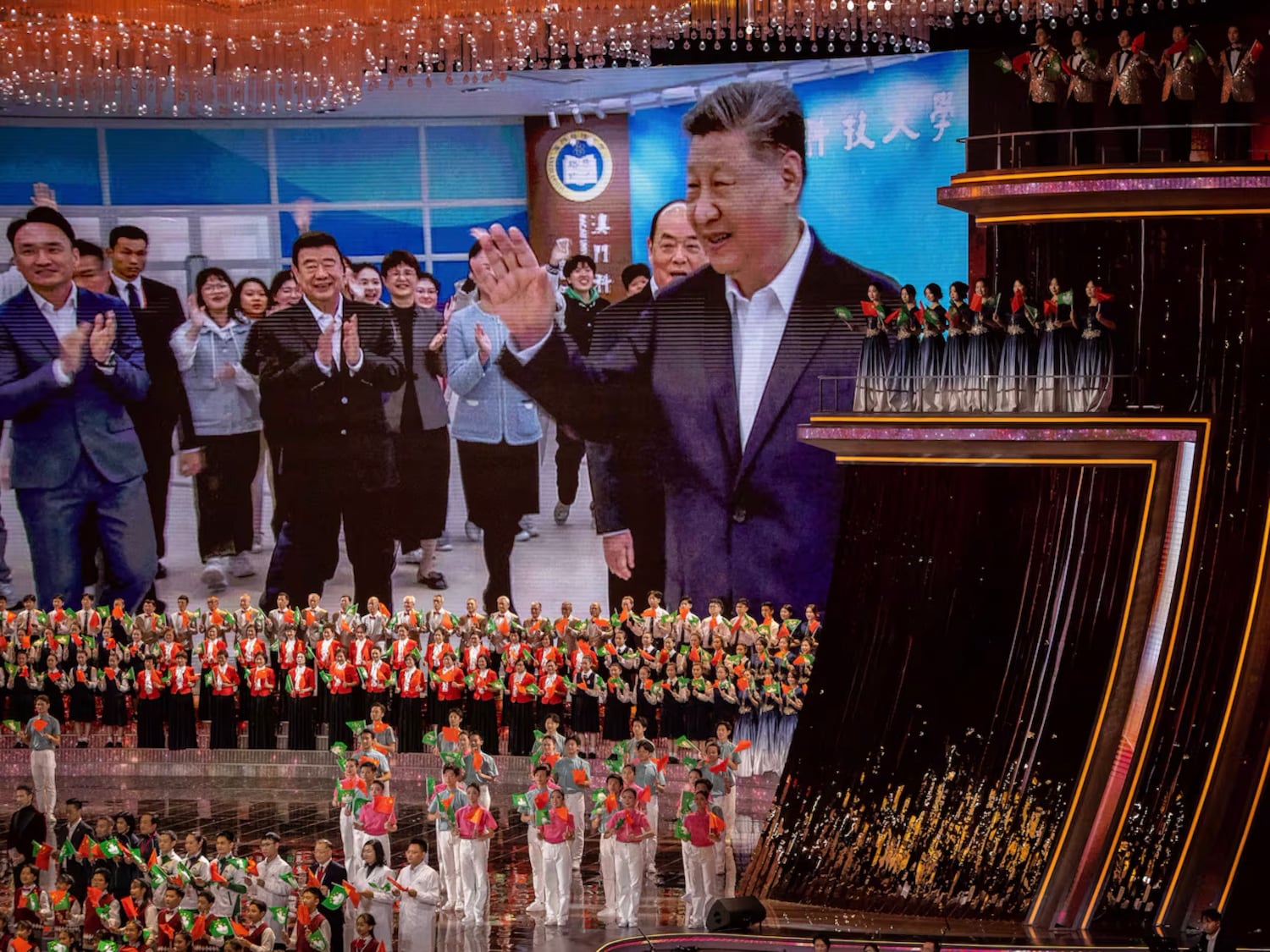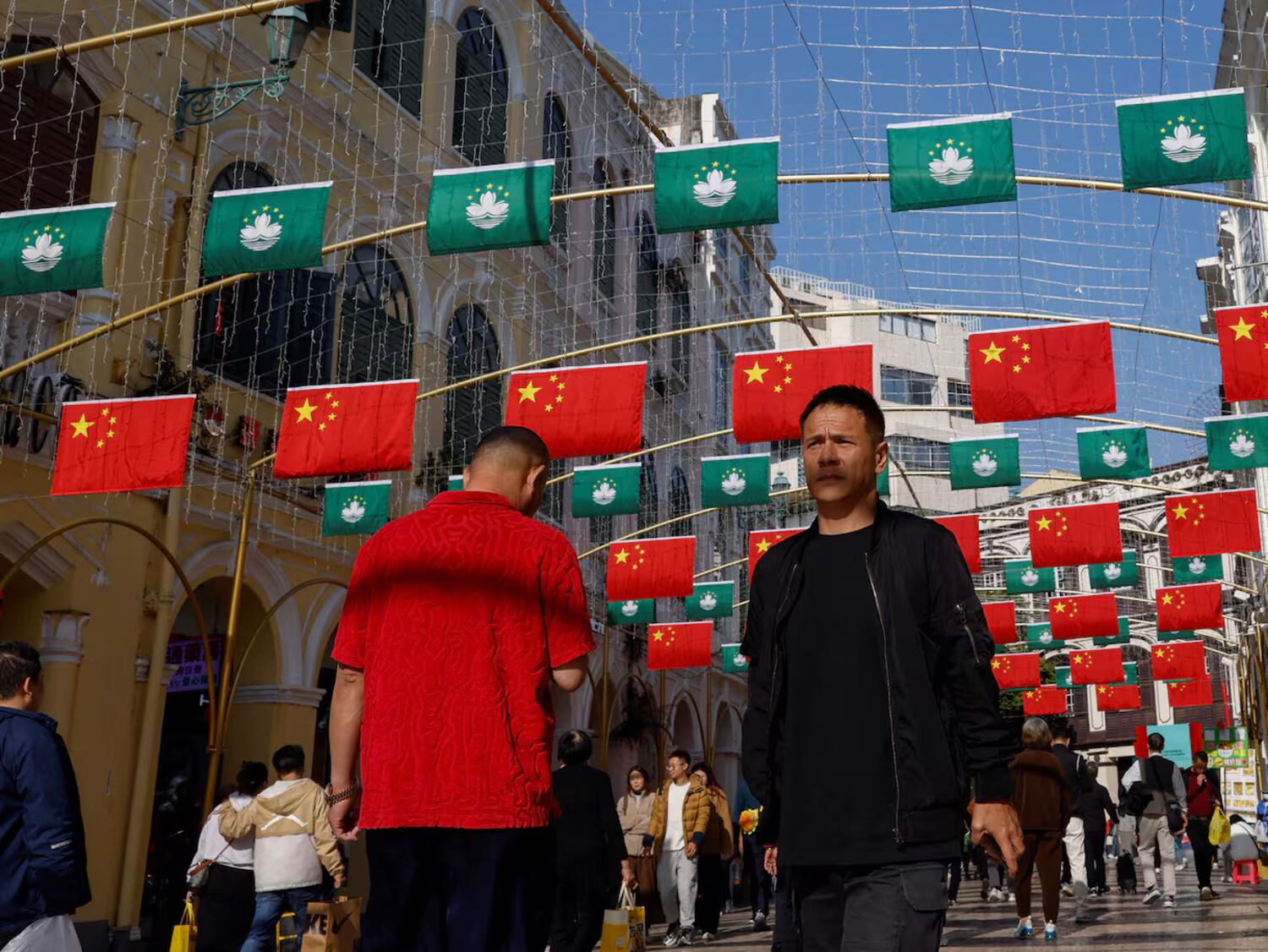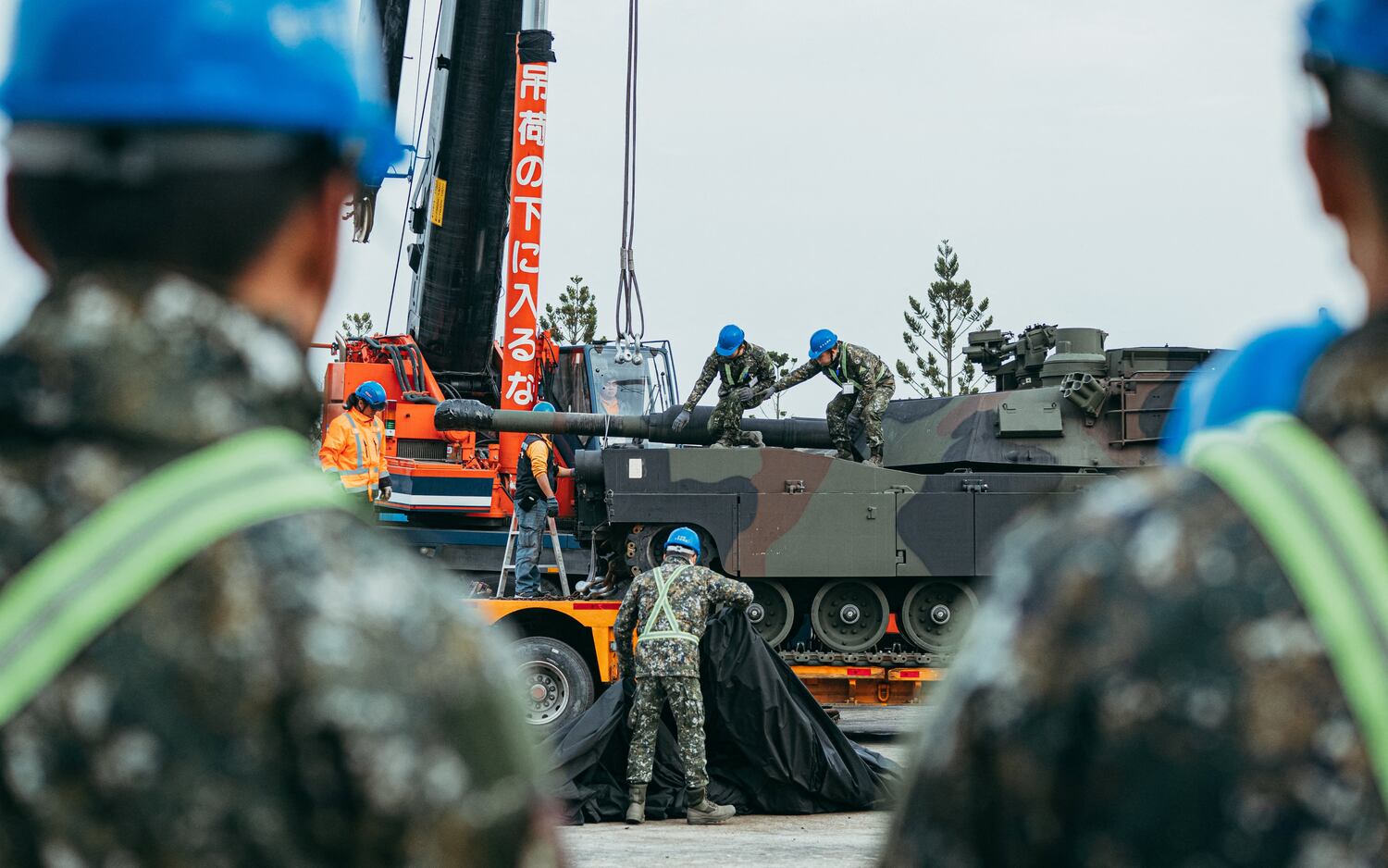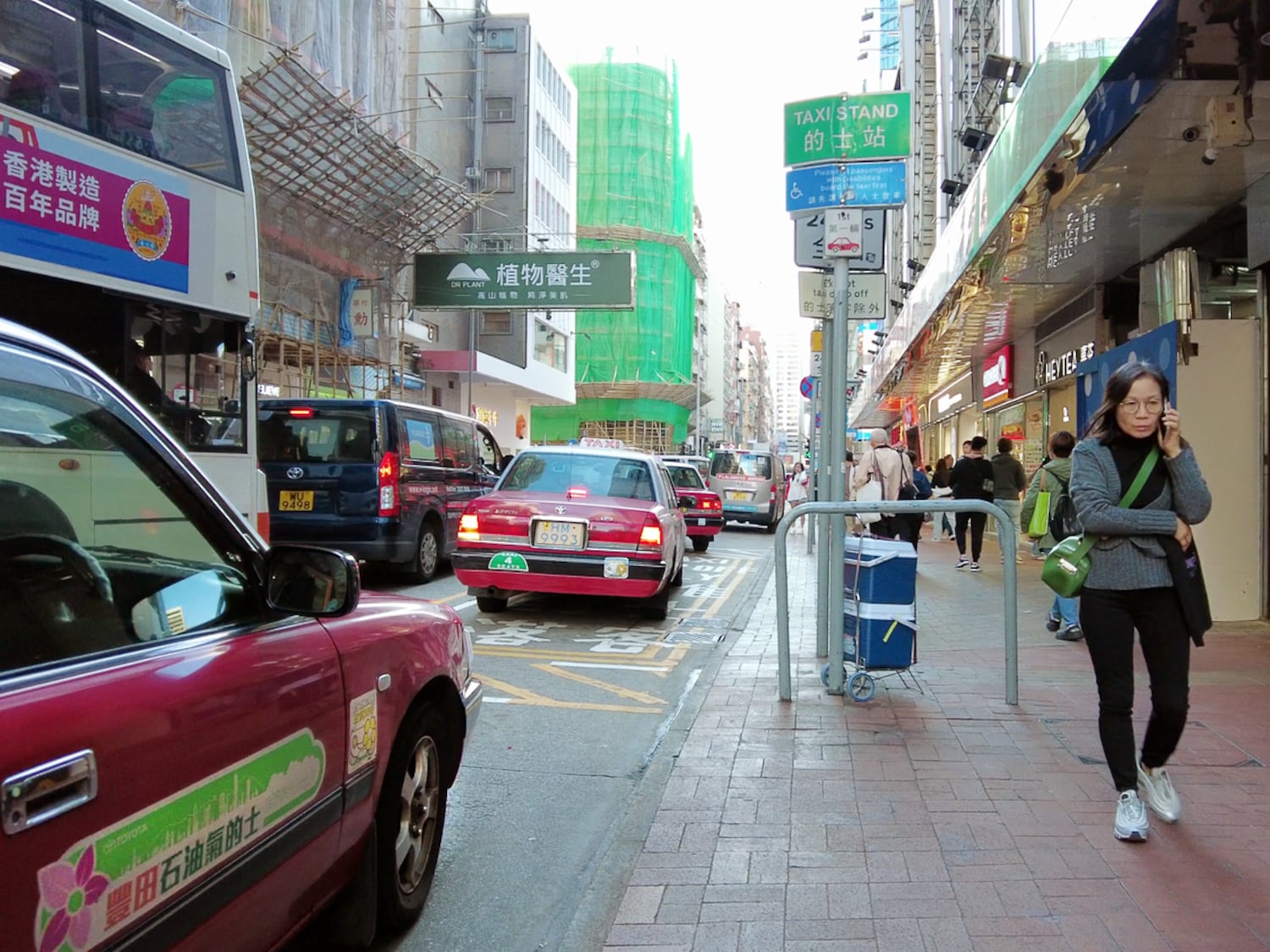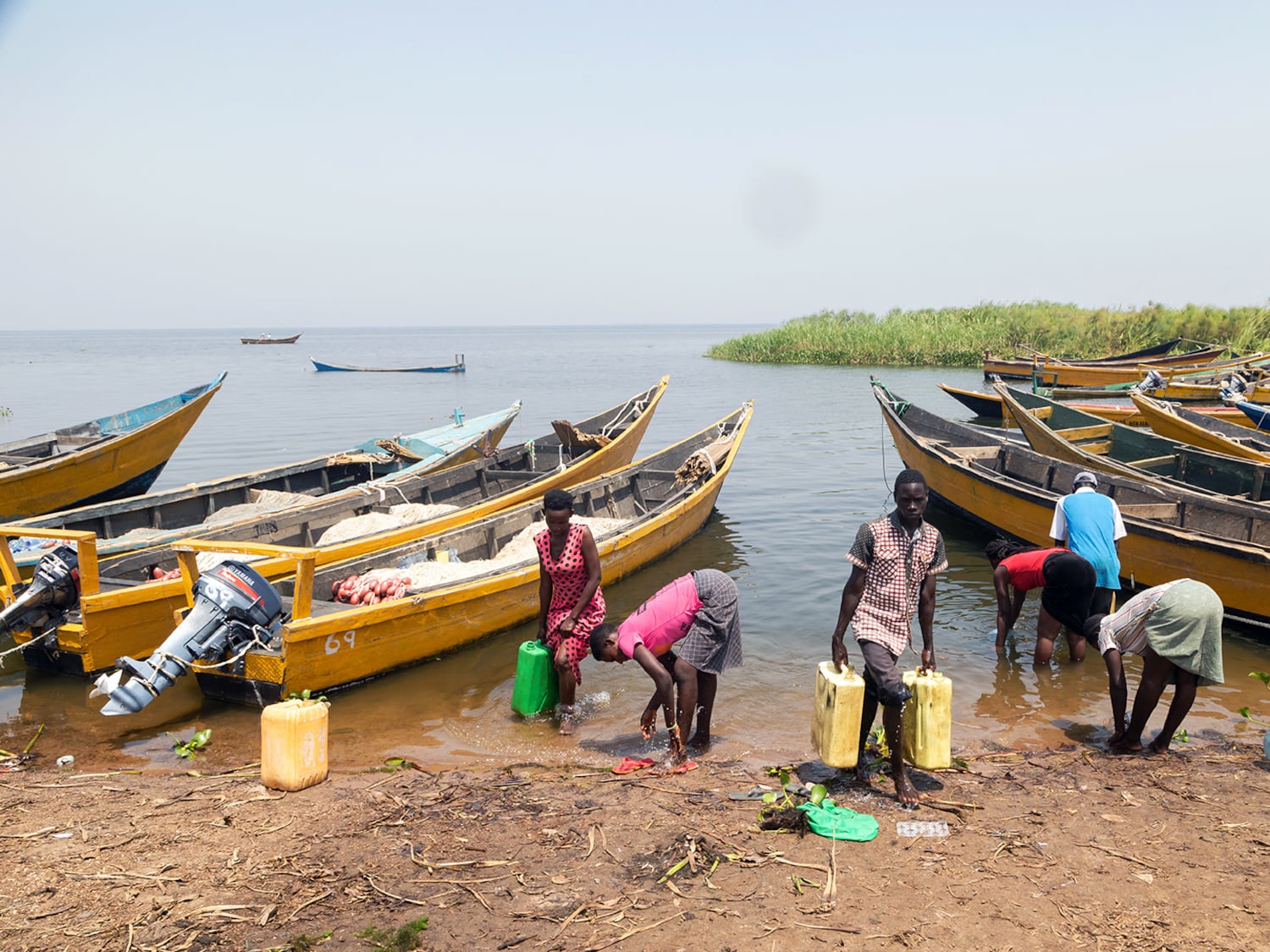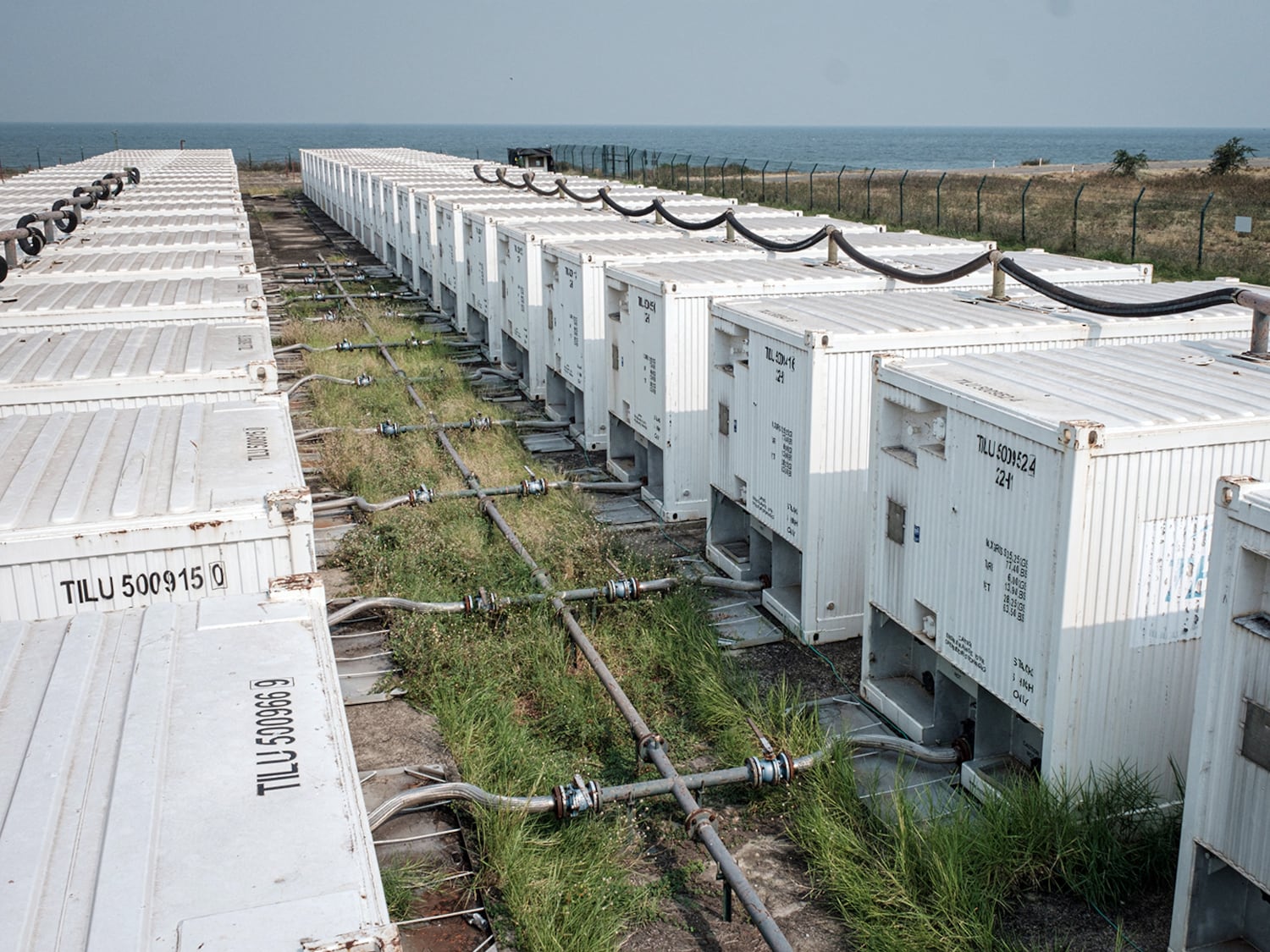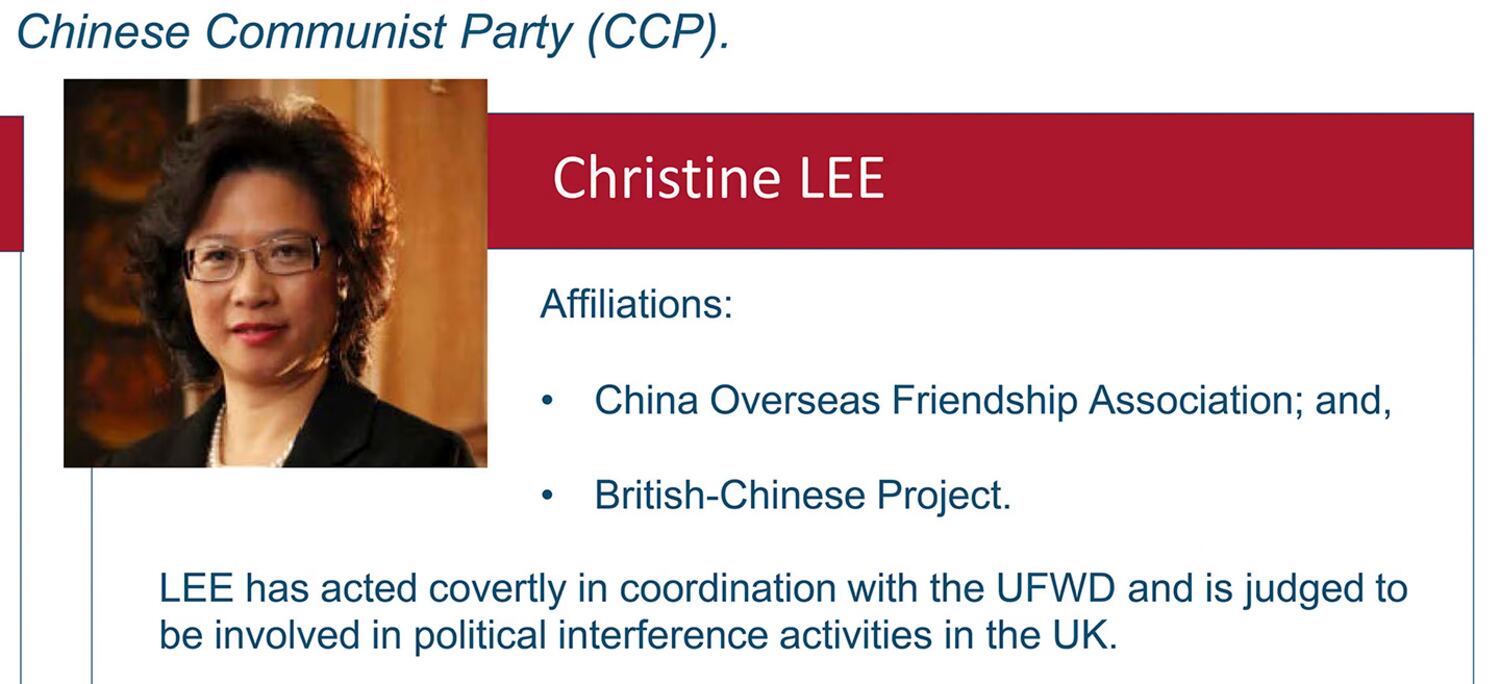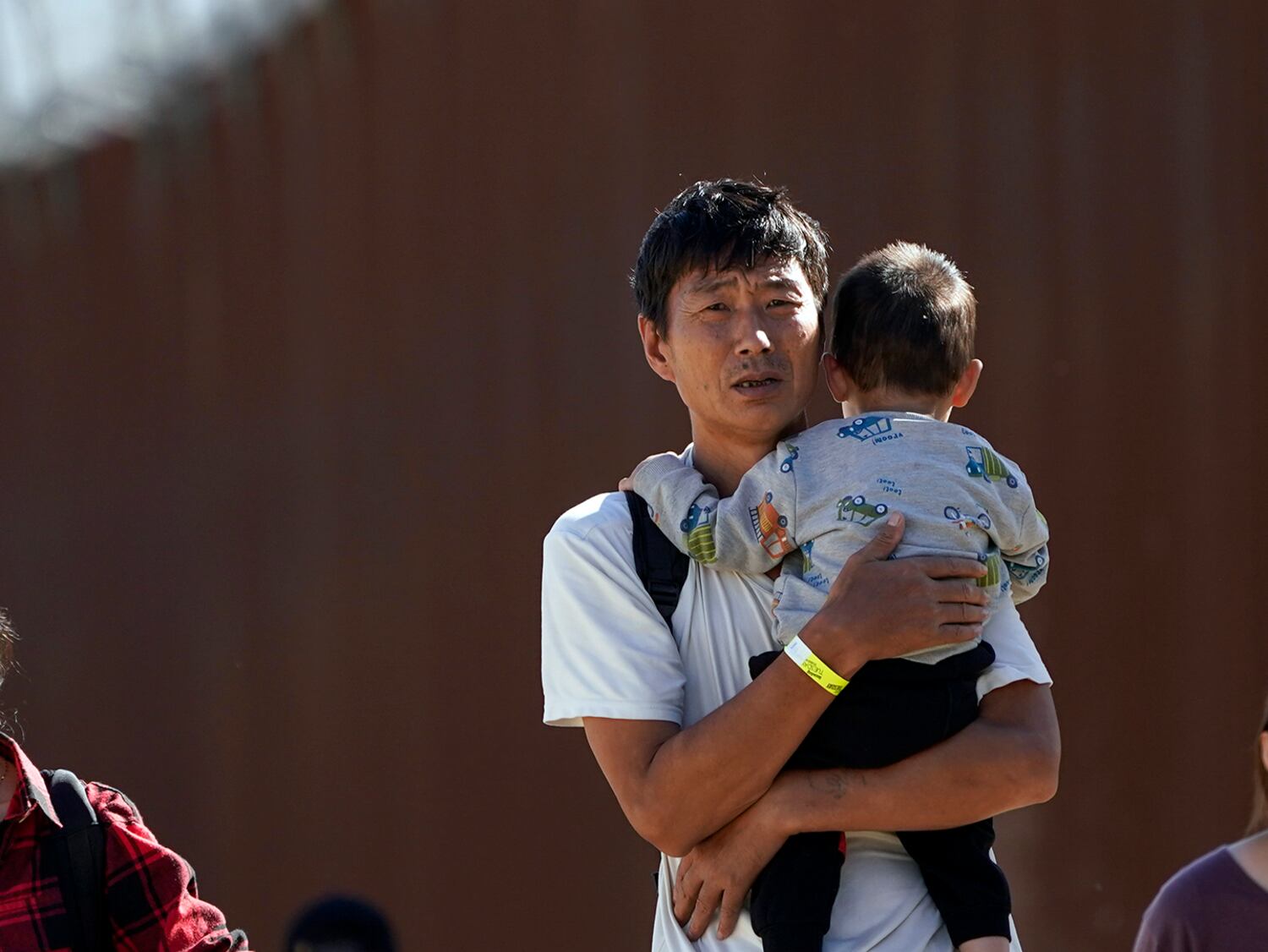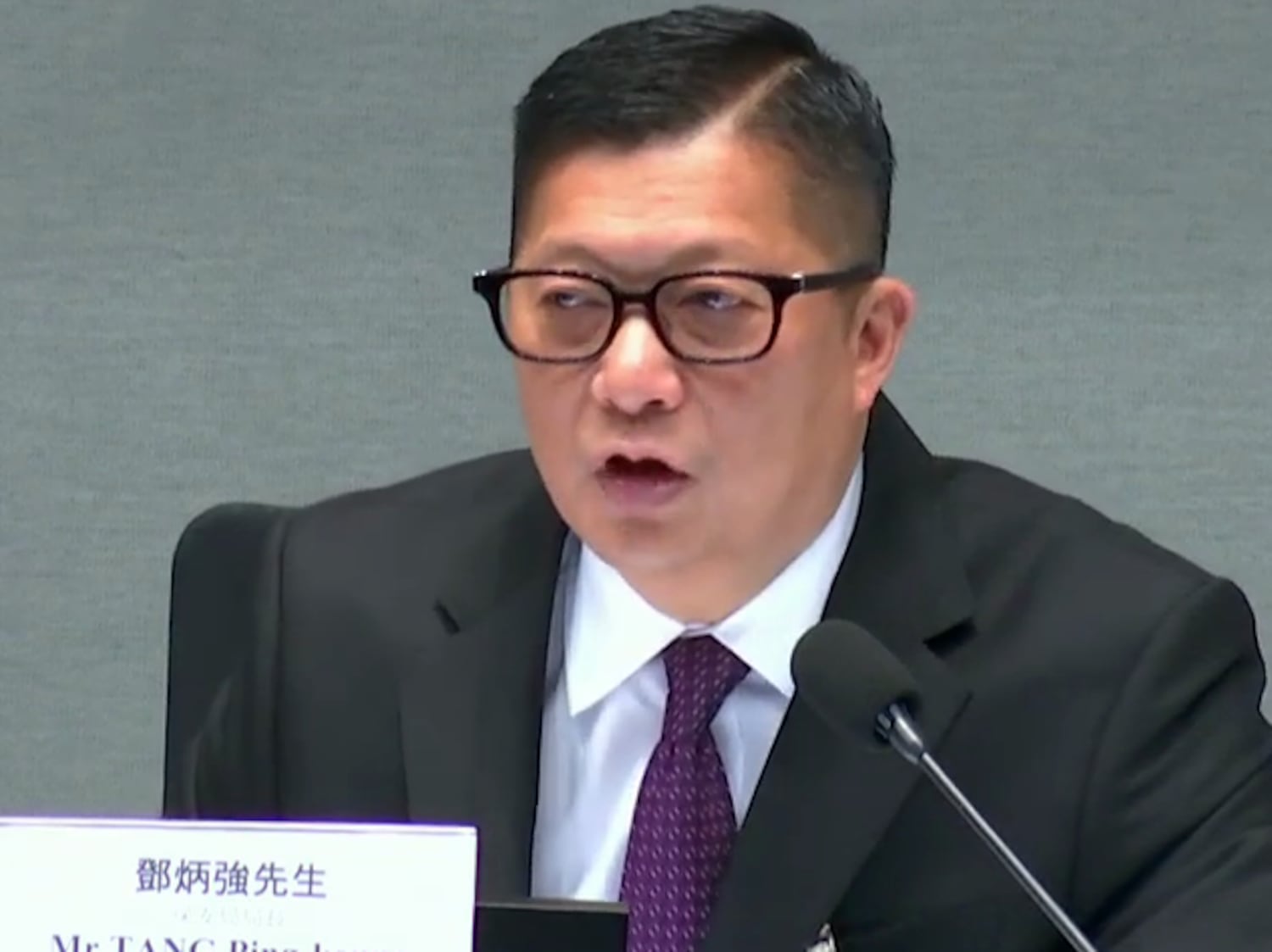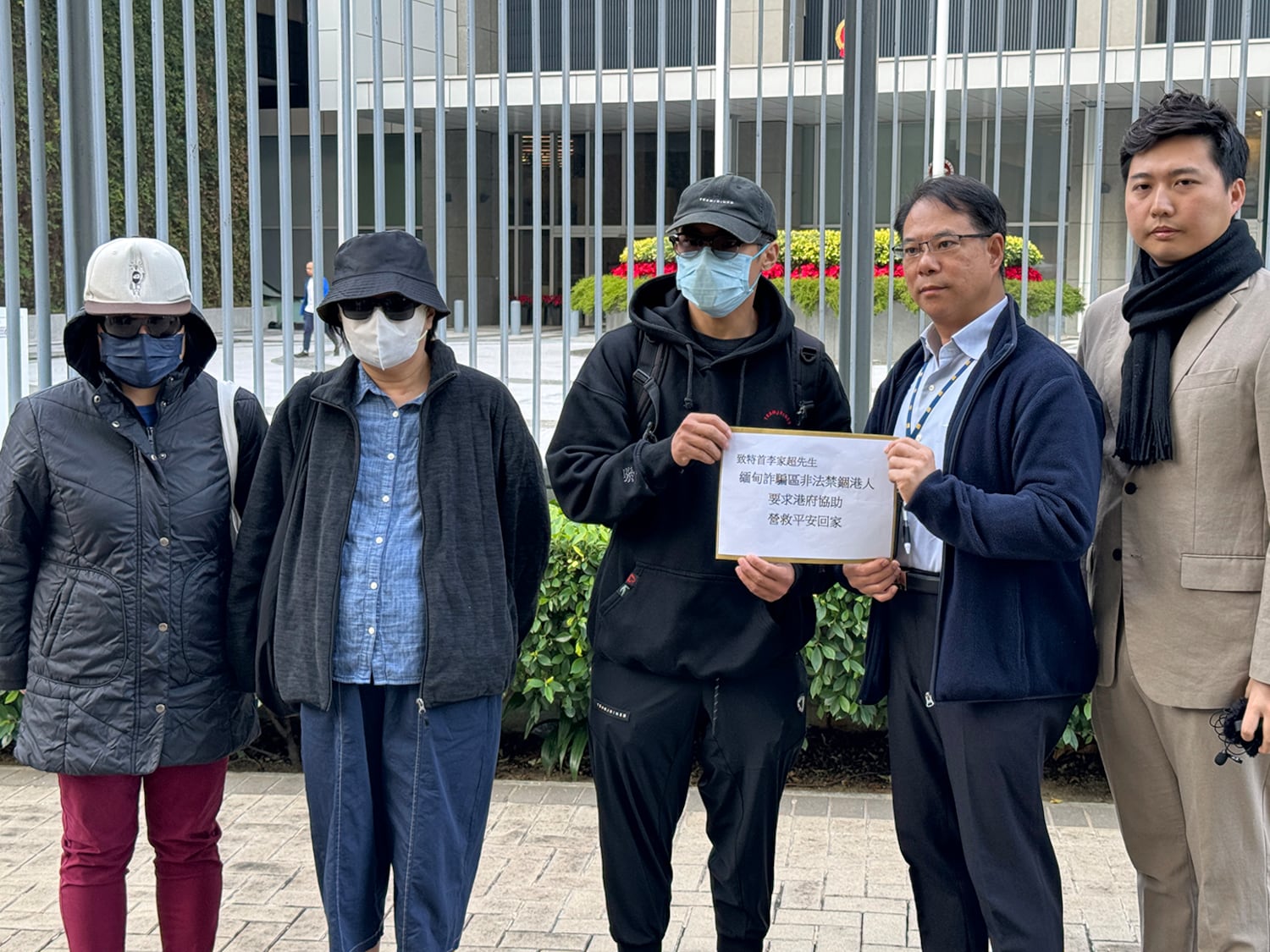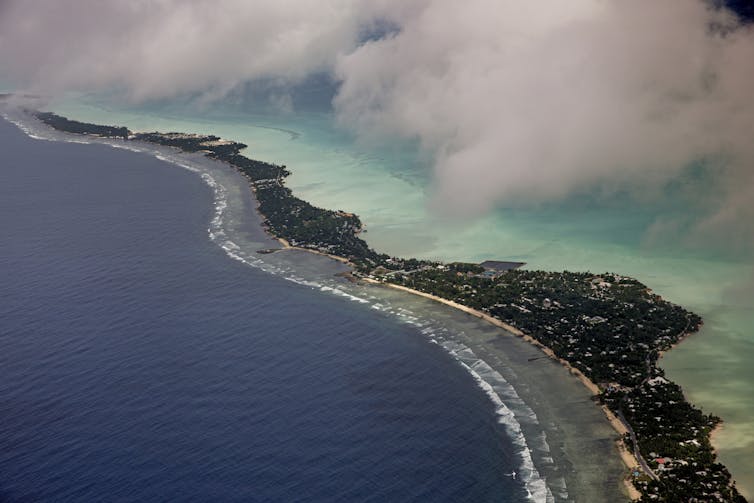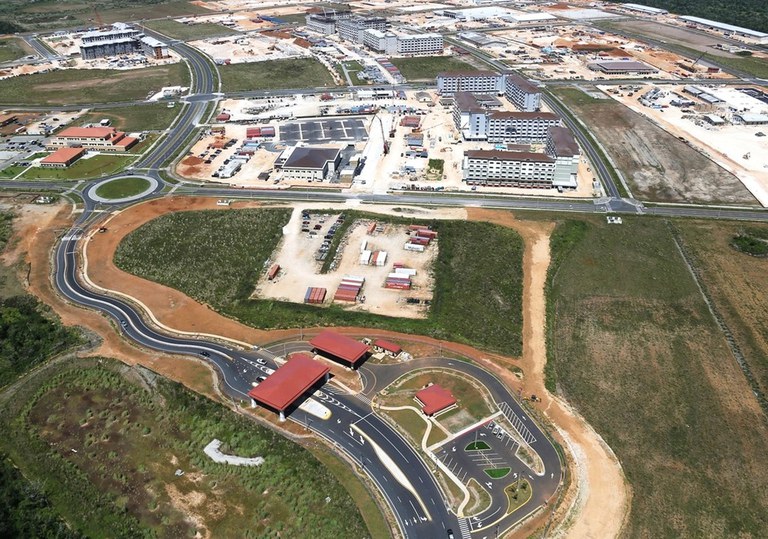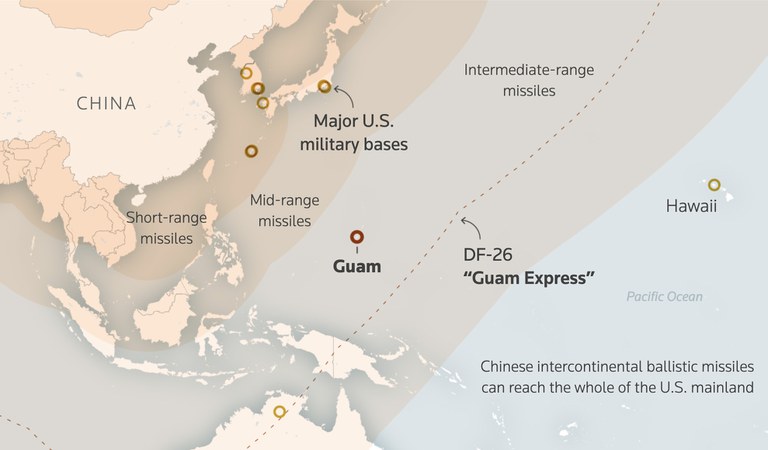Read RFA coverage of this story in Chinese.
Authorities in China are going after the country’s richest celebrity live-streamers, punishing two high-profile influencers for failing to pay up, at a time when government coffers are looking bare and many are struggling.
The Taxation Bureau named and shamed Shanghai-based Wang Zibai, who has 2.92 million followers, for “concealing his income” from tax officials, evading taxes to the tune of 7.49 million yuan (US$1.26 million), state media reported.
He was slapped with a tax bill, fines and late payment fees totaling 13.3 million yuan (US$1.82 million), state broadcaster CCTV reported on Dec. 19.
Cash-strapped local authorities across China are struggling to pay public employees, as a burst property bubble and dwindling exports depict an increasingly grim outlook for the world’s second-largest economy, meaning they need to cast a wider net when it comes to tax revenues, analysts told Radio Free Asia in recent interviews.
Authorities in the southeastern port city of Xiamen also accused celebrity live-streamer Cheng Hu, who has 5 million followers, of concealing the income from livestream sales commission to the tune of 1.21 million yuan (US$165,800) in unpaid taxes, the report said.
Cheng was forced to pay up the taxes owed, fines and late payment charges totaling 1.99 million yuan (US$272,700), it said.
Investigations
Shanghai tax inspectors started an investigation after checking out Wang’s channel, and figuring out that the volume of goods he was selling there was inconsistent with his reported income, the People’s Daily online finance channel reported on Dec. 19.
“The inspectors ran a comprehensive analysis of … pricing, categories and clicked links to third-party merchants, and concluded that he was earning a considerable amount of commission and under-reporting his income,” the paper said.
The team requested his family’s bank details, and found large amounts of money being deposited in Wang’s mother’s account, it said.
In Xiamen, inspectors thought it strange that Cheng claimed not to have earned over the personal annual tax threshold between 2020 and 2022, despite being a live-streamer with 5 million followers, the paper said.
RELATED STORIES
EXPLAINED: How China hopes to kickstart its flagging economy
EXPLAINED: How much hidden debt do local governments in China carry?
Chinese Actress Makes Public Apology For Tax Evasion After ‘Disappearance’
“Cheng Hu did not set up account books as required by the law, and only used a notebook to briefly record the details of income and expenditure, and the handwriting was smudged and blurry, making it almost impossible to confirm his true financial situation,” the People’s Daily said.
“As public figures, live streaming practitioners should establish correct values, legal and professional values, fulfill their tax obligations in accordance with the law, and set a good example for society,” the paper said.
New source of tax revenue
According to financial commentator Cai Shenkun, online platforms are replacing the property market as an important source of tax revenue for local governments.
“Digital platforms have developed rapidly in recent years … and some anchors have made a lot of money,” Cai said. “Now that fiscal sources are increasingly tight, taxation may be further increased and these online platforms will be fully supervised.”
He said local governments across China are still struggling to pay civil servants and teachers, even in first-tier cities like Guangzhou.
“Teachers and civil servants are actually seeing significant salary cuts, to an unprecedented level,” Cai said.
An e-commerce insider who gave only the surname Liu for fear of reprisals said the story will likely fuel public anger at a time of rampant inequality in a flagging economy.
“The government is going to be finding ways to claw back as much revenue as possible, whether currently or retrospectively,” Liu said.
But companies may not have the cash to pay up, he added.
“A lot of Chinese companies and institutions can’t even pay their wages,” Liu said.
Digital platforms
Financial commentator Zheng Xuguang said the authorities are also targeting digital platforms.
“They’re targeting digital platform operators and staff,” Zheng said. “When platforms get to a certain size and their income is quite substantial, they now mandate tax audits on platform operators, including tax-related information reporting, such as who you work with, how many people, and so on.”
He said the government will likely hold off from cracking down on tax avoidance at the lowest income levels for the time being.
Translated by Luisetta Mudie. Edited by Roseanne Gerin.
This content originally appeared on Radio Free Asia and was authored by Qian Lang for RFA Mandarin.
This post was originally published on Radio Free.

